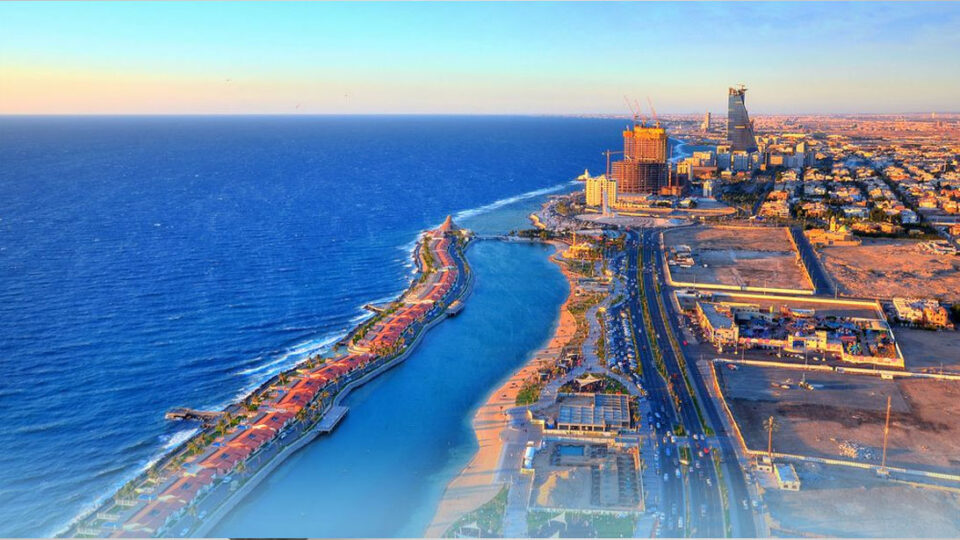Saudi Arabia Opens Doors for Foreign Property Ownership
Saudi Arabia has published a groundbreaking law in the Umm Al‑Qura Gazette, allowing non-Saudis to own and benefit from real estate in specified zones across the Kingdom. This legislative milestone, approved by the Cabinet, comes into effect 180 days after its official publication .
🌍 What Changed — and Who Can Own
-
Expanded rights: Foreign individuals, businesses, and non‑profits may now own property or hold real rights—such as usufruct and long-term leases—within designated zones set by the Council of Ministers .
-
Location‑based rules: Ownership is regulated based on property type, usage, and geographic location
🕌 Restrictions on Makkah and Madinah
-
Ownership remains restricted in the holy cities of Makkah and Madinah, except for individual Muslim owners under strict conditions .
-
The previous ban on GCC nationals owning property in these cities has been lifted, standardizing ownership rules under one legal framework.
👤 Foreign Residents & Corporate Entities
-
Expat residents may now purchase one residential property for personal use, provided it is located outside restricted zones .
-
Businesses, investment funds, and special-purpose companies can acquire properties across the Kingdom—including Makkah and Madinah—if used for operational needs or employee housing .
-
Publicly listed firms and real estate funds may also invest in property in compliance with Capital Market Authority regulations .
🏛️ Diplomats & International Organizations
-
Diplomatic missions and international bodies can obtain property for official purposes, subject to Foreign Ministry approval and reciprocity agreements with their home countries .
📋 Registration, Fees & Legal Enforcement
-
Mandatory registration: All foreign parties must register with the appropriate authority before acquiring property. Legal rights become valid only upon registration in the national real estate registry .
-
Transfer fee: Transactions involving non-Saudis are subject to a real estate transfer fee of up to 5% .
-
Enforcement: Violations may result in fines up to SAR 10 million. In cases of fraud, authorities can enforce a forced sale, with proceeds remitted to the state. Appeals can be submitted to administrative courts within 60 days .
🔄 Replacing the 2000 Royal Decree
-
The new law replaces the Royal Decree No. M/15 of 2000, ushering in a modern legal structure for foreign real estate ownership.
-
Detailed executive regulations—including ownership zones, usage conditions, and caps—are expected within six months .
🧭 Why It Matters
This landmark law marks a major shift in Saudi Arabia’s property policy—aimed at attracting foreign investment, supporting economic diversification under Vision 2030, and boosting real estate liquidity. While access has broadened significantly, safeguards remain in place, especially concerning sensitive locations and ownership limits.

